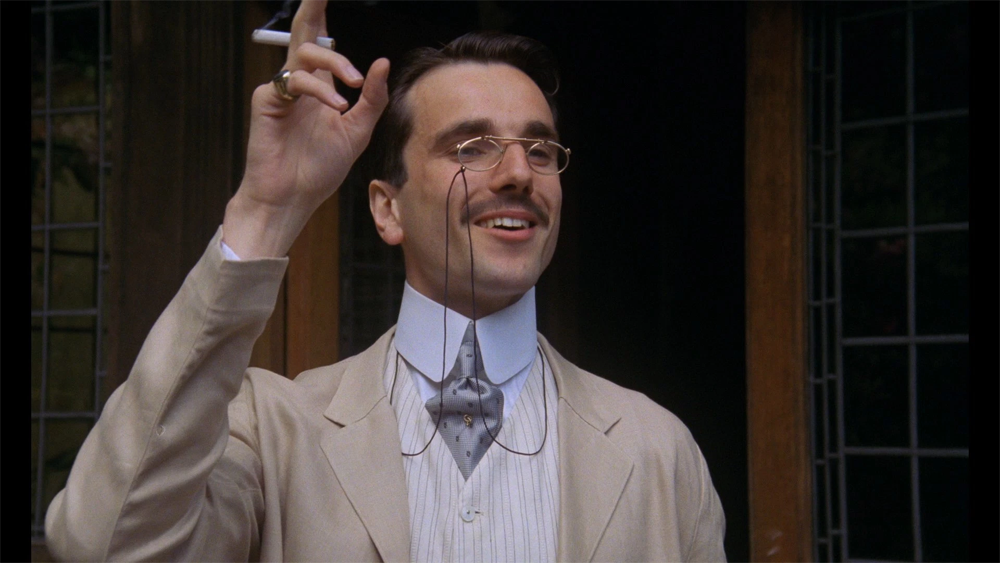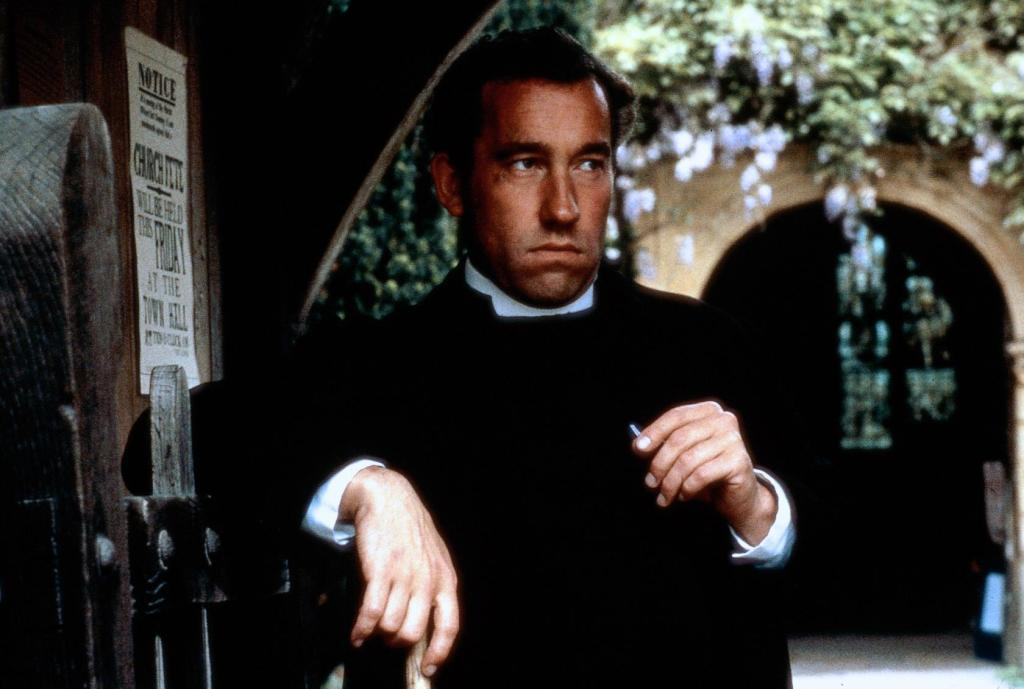"A Room with a View" Reader's Guide
Discussion QuestionsDISCUSSION QUESTIONS
The assortment of characters at the Pensione Bertolini have a little bit of everything ; Mr. Beebe with his surprising views, Eleanor Lavish who views herself as a radical, and of course the Emersons. Do you think each character is meant to represent something specific in society? Are any names significant?
Discuss variations on the theme of clarity and shadow in the book, for example, the twilight on the Piazza Signoria before Lucy witnesses the murder, or opening and shutting windows, etc.
Forster, who was greatly influenced by the art of Italy during his first visit there, uses art to illuminate his characters. What do we learn about the inner lives of various characters through their attitudes toward art?
How are Lucy’s character and mood captured in the descriptions of her piano playing throughout the novel? Why does she refuse to play Beethoven in Mrs. Vyse’s flat?
Discuss the role of nature in the book and its relevance to the struggles of characters to make decisions about their lives.
Explain the progression in the novel from the Classical to the Medieval to the Renaissance era. How do the references to historical periods illustrate Lucy’s journey to enlightenment?
Forster’s novel was written at a time when restrictive Victorian notions of womanhood were being reexamined. What is Forster’s attitude toward women’s liberation?
What is “medieval” about Cecil’s attitude toward women and Lucy in particular? Why does Lucy feel, after George throws her photographs into the Arno, that it is “hopeless to look for chivalry in such a man?” What kind of companionship and protection does George offer in exchange?
There are many kinds of deceit in the book. Four of the last five chapters show Lucy lying to nearly everyone. Which kinds of lies are most harmful to the “personal relations” that Forster cherished?
Who are the villains in the book? Which ones are the worst, and why?
Several of Forster’s works, like Where Angels Fear to Tread and A Passage to India, focus on the English traveling abroad. Do you think he found it easier to show the cracks in English social hierarchies by presenting characters out of their elements?
Forster reportedly feared that A Room with a View was overly sweet. Do you find it could benefit from a little less positivity and maybe a bit more darkness?
It is clear that something has passed between Lucy and George after the stabbing: “It was not exactly that a man had died; something had happened to the living.” Lucy doesn’t seem to know exactly what it is, but avoids George until they are thrown together on the day trip to Fiesole and he kisses her. Were Charlotte not with her, how would Lucy have responded to so much intensity?
Lucy Honeychurch must make a decision between what is expected of her and what her heart is telling her to do. Do you think she made the right decision? What would you have done?
A Room with a View is described as a social comedy. Which character do you think provided the most comedic relief? Who was the biggest bore?
Mr. Beebe is portrayed early in the novel as an observant, thoughtful counselor with a good sense of humor and an unusually open mind for a clergyman. Soon after meeting Lucy he predicts that “one day music and life shall mingle” for her. Why does he fail, in the end, to support her decision to leave Cecil for George?
In comparison, Charlotte Bartlett is absurdly prudish. If George’s surmise at the novel’s end is correct, what motivates her to help bring the lovers together by facilitating Lucy’s fateful meeting with Mr. Emerson? What does this turnabout suggest about the repressive forces in society?
“Muddle” is one of Forster’s favorite words and seems to carry more weight in his work than in current colloquial usage. What does Mr. Emerson mean when he uses the word to describe Lucy’s state of mind near the novel’s end, saying, “It is easy to face Death and Fate…It is on my muddles that I look back with horror?”
Lucy and George’s final happiness is clouded by their severed relations with those she left behind. Do you think Forster believes, as Lucy asserts, that “if we act the truth, the people who really love us are sure to come back to us in the long run?”



